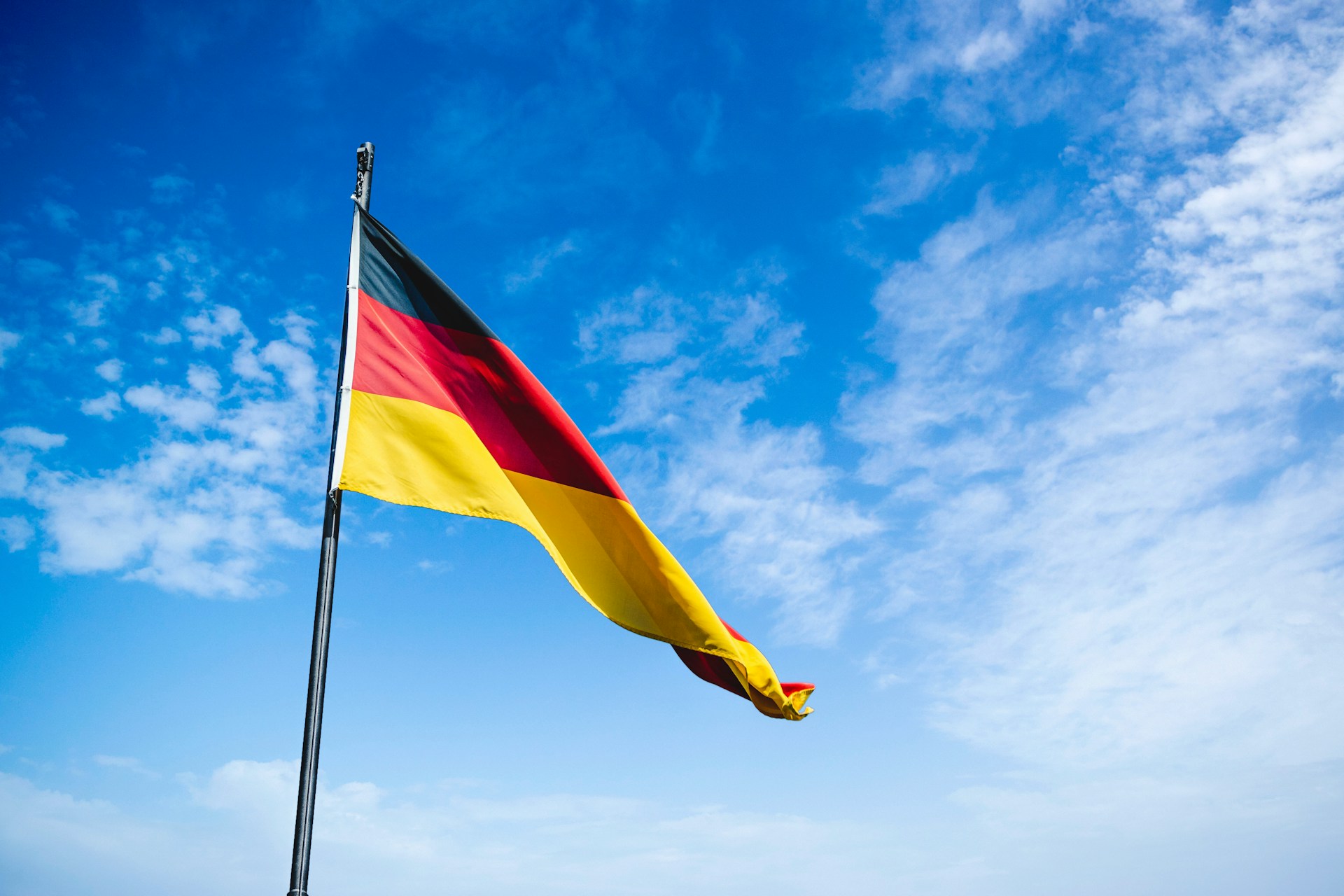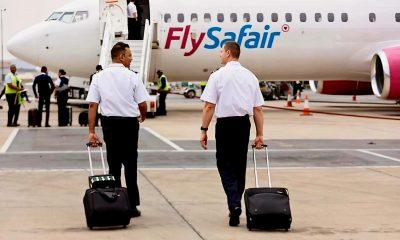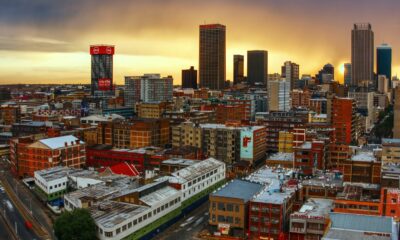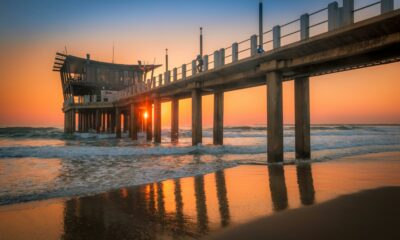Travel
Why German Tourism in South Africa is Struggling to Bounce Back

South Africa’s long-standing bond with German travellers is under pressure. From January to July 2025, visitor numbers from Germany were still 13% lower than the same period in 2019, highlighting how recovery from the pandemic is dragging its feet.
While South Africa remains a favourite long-haul destination for many, fear continues to loom large over the German market.
A Culture of Caution
According to René Roseburg, founder of travel company The Passionist, German travellers are unusually wary. “Germans are the most worried travellers on this planet,” he explained, adding that fear often overshadows facts. Safety concerns, exaggerated online reports, and even worries about South Africa’s weather or potential illnesses are shaping decisions before bookings are made.
This cautious culture means that even when tourists do come, they tend to book at the last minute or in unpredictable patterns, a sharp shift from the steady lead times seen before COVID-19.
Shifting Travel Choices
German tourists who do visit are increasingly choosing remote, exclusive destinations over mainstream spots. Private safari concessions are seeing growing interest, while the traditionally popular Kruger area is being avoided.
Roseburg points out that despite these concerns, South Africa still offers remarkable value for money compared to global competitors. From fine dining at affordable prices to luxury safari lodges that don’t break the bank, the destination remains unmatched. The problem isn’t value, it’s perception.
The Weight of Global Anxiety
Broader global pressures are also at play. The last few years have been marked by health crises, geopolitical instability, and a shaky global economy. For a cautious market like Germany, these uncertainties only heighten hesitation toward long-haul trips.
Rethinking the Approach
So, how can South Africa win back its once-robust German market? Roseburg believes mainstream advertising in Germany isn’t enough. The classic campaigns focused on Cape Town, the Garden Route, and Kruger no longer inspire trust or curiosity.
Instead, he suggests building partnerships with niche travel companies, hosting consumer-facing events, and crafting more experiential social media campaigns. By leaning into unique storytelling and showcasing the lesser-known sides of South Africa, the country could appeal to German travellers who crave authenticity but need reassurance.
What Locals Are Saying
On social media, South Africans have expressed mixed feelings. Some say the German market is too cautious and “misses out on the real South Africa,” while others argue that local tourism boards need to do more to counter negative perceptions abroad.
For many in the industry, the message is clear: if South Africa wants to close the gap and return to pre-2019 visitor numbers, it will need to outthink fear with creativity.
Takeaway:
The German market may be slow to recover, but South Africa still has the tools to turn things around. With the right mix of reassurance, innovation, and storytelling, the country can remind German travellers why it has always been one of the world’s most rewarding destinations.
Source:Tourism Update
Follow Joburg ETC on Facebook, Twitter , TikTok and Instagram
For more News in Johannesburg, visit joburgetc.com



























